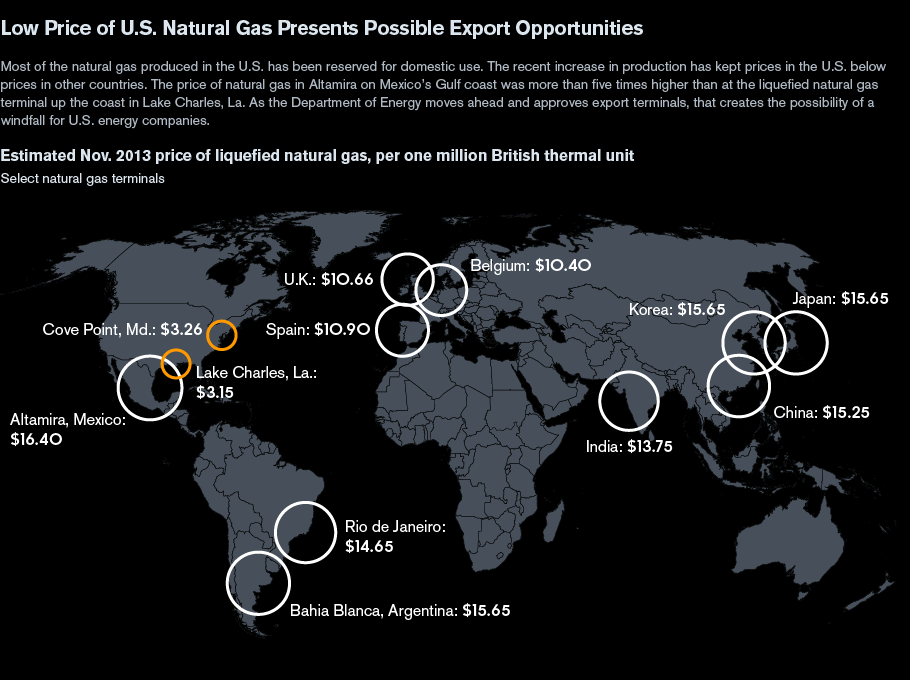Natural gas is becoming cheaper as the energy source grows in popularity and new breakthroughs in technology give way to more efficient methods of extracting from shale. In China natural gas is seen as a way to reduce pollution in major cities such as Beijing as well as too become less energy dependent on other nations. On the surface the situation doesn’t seem too complex. China is investing in natural gas and is eager to avoid having to deal with Russia or the US, two of the world’s major natural gas suppliers.Finally a need for energy that is less detrimental the environment is a stated goal of the Chinese government and natural gas is one of the most promising energies in this respect. However from a geologists point of view things are a little more complicated.
The U.S. produced 266 billion cubic meters of shale gas in 2012 and China is targeting 1.5 billion cubic meters a year until 2015. Part of the reason is that shale in the U.S. is more conducive to extraction. A natural gas well costs about $3 million in the U.S. versus $15 million in China. China also lacks the infrastructure and technical skills needed to take on more extraction. If China wants to be producing between 60 and 100 billion cubic meters of gas a year by 2020 there will need to be substantial investment in technologies and infrastructure. Estimates put this number somewhere in the range of 300-400 billion dollars.
While Chinese companies are investing in shale assets abroad to build expertise and make money off the promising industry China itself is a long way off from being able to replace coal with natural gas.
http://www.bloomberg.com/news/2014-02-20/gas-appeal-why-the-u-s-is-the-envy-of-china.html

Then there’s logistics: even in the US, the biggest oil field in North Dakota flares off gas because there are no pipelines. So where are potential natural gas fields in China relative to energy users? – we must remember that China is not only the size of the continental US but is much more rugged in topography.
But as to trade, is China constructing port facilities for LNG [liquified natural gas] tankers? What is happening to the production of coal relative to other energy sources?
Prof. Smitka makes a good point in the comparison to the US. Both nations must strive to end this hugely wasteful and inefficient practice. Allowing international trade (in terms of the US) would drive up US prices and potentially incentivize storing the natural gas that is produced through oil extraction.